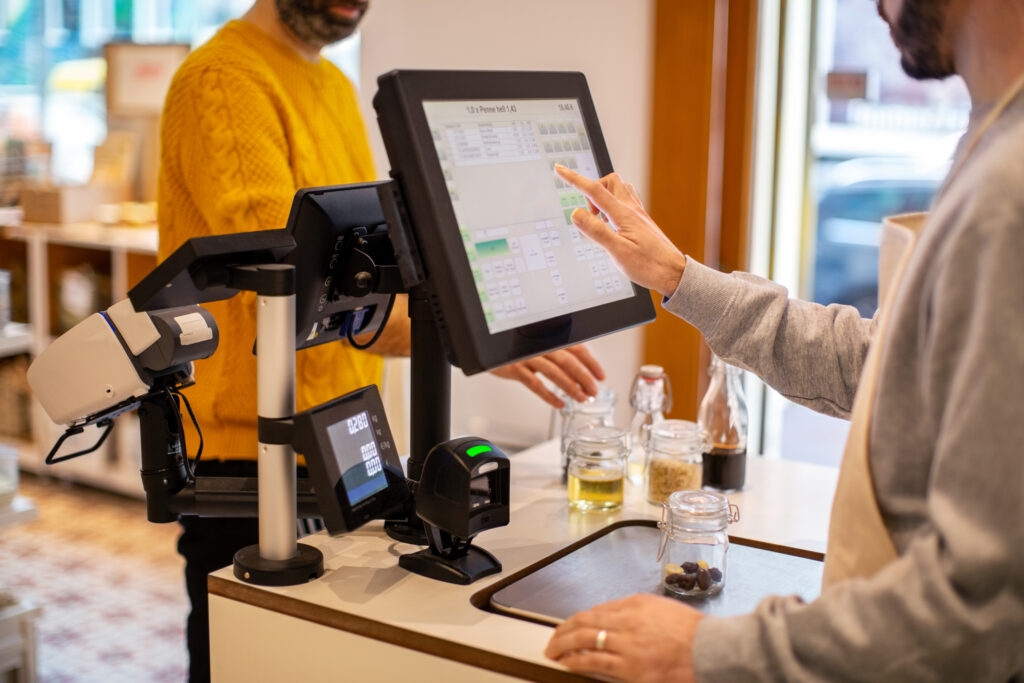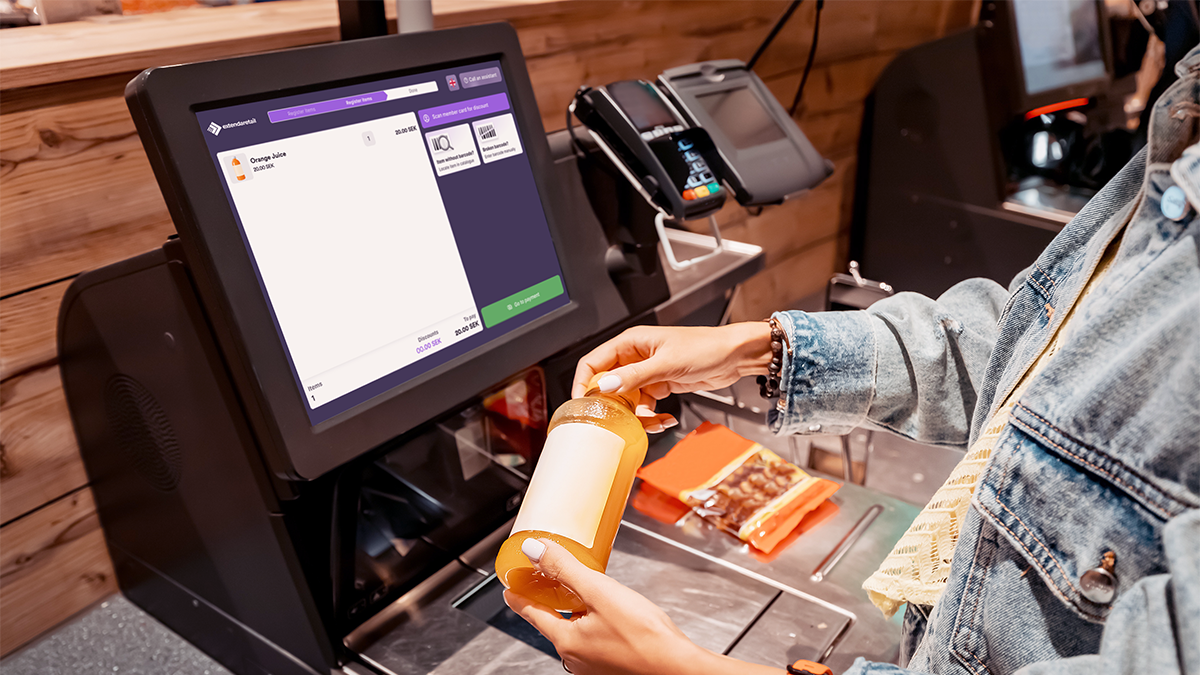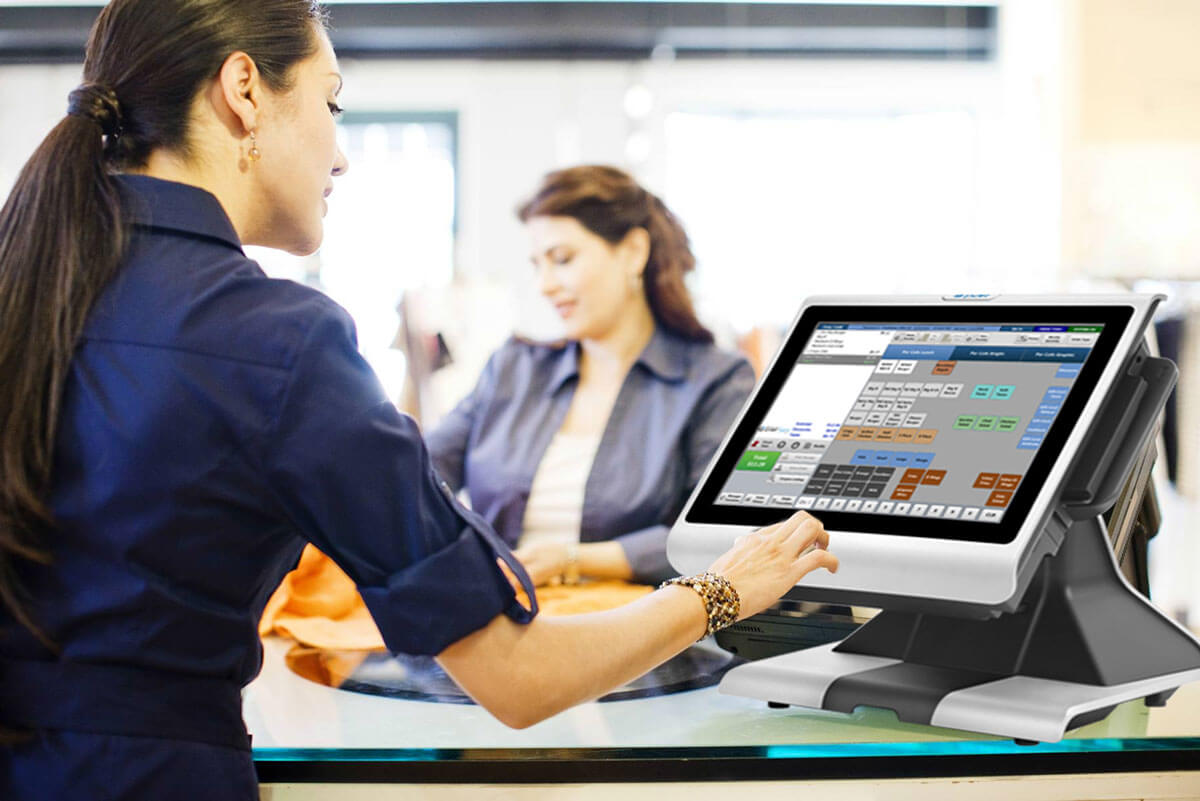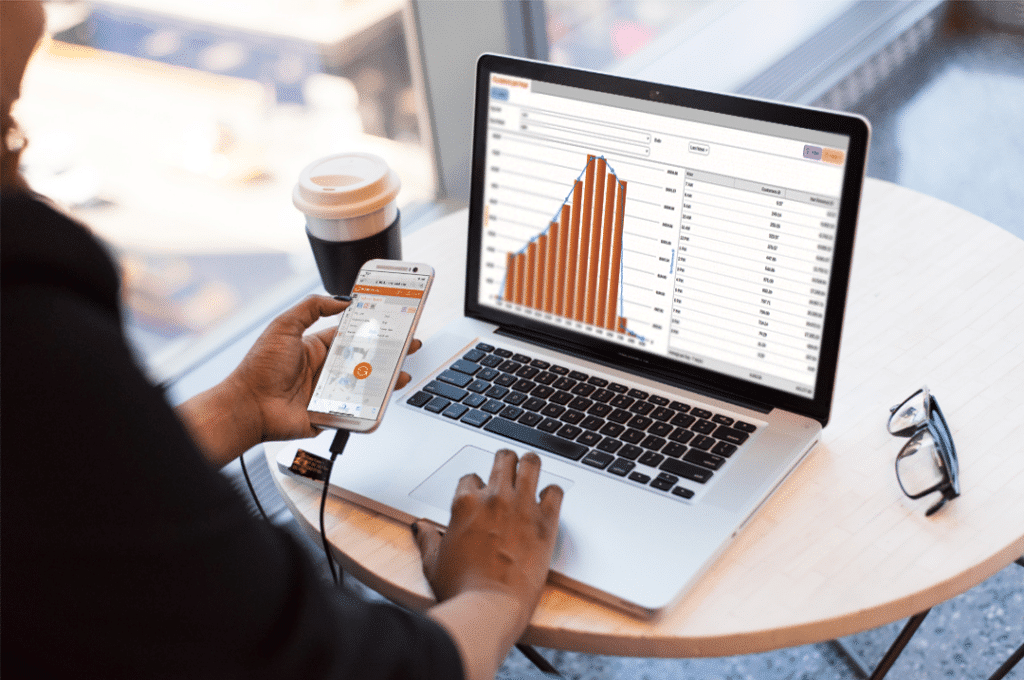Automating Daily Reports With a POS System: Saving Time and Boosting Accuracy

unning a coffee shop or restaurant means juggling multiple responsibilities—from managing staff and handling inventory to ensuring a smooth customer experience. Among these daily tasks, generating reports can often feel like a time-consuming chore. However, with the help of a modern Point-of-Sale (POS) system, automating daily reports becomes not only easy but also incredibly beneficial for your business.
Why Daily Reports Matter
Daily reports are vital for understanding the day-to-day health of your business. They provide critical insights into:
- Total sales and revenue
- Most and least popular items
- Peak sales hours
- Employee performance
- Inventory levels
- Payment methods used
Traditionally, generating these reports required manual data entry, spreadsheets, and hours of end-of-day analysis. It was prone to human error and often delayed decision-making. Today, POS systems simplify this process through automation, giving you access to accurate, real-time information with just a few clicks.
How POS Systems Automate Reporting
Modern POS systems come with built-in analytics and reporting tools designed to automatically capture and organize your business data. Here’s how it works:
- Real-Time Data Collection
As sales are processed throughout the day, the POS system records each transaction instantly. It logs details such as the item sold, the time of the sale, the staff member handling it, and the payment method used. - Customizable Reports
At the end of the day—or at any time—you can generate custom reports tailored to your needs. Whether you want to analyze sales by product category, review discounts applied, or track hourly revenue, your POS system can deliver this information in seconds. - Automatic Report Scheduling
Most POS systems allow you to schedule reports to be generated and delivered automatically. For example, you can set a daily sales report to be emailed to you and your managers every evening. This eliminates the need to manually pull data, saving you valuable time. - Cloud-Based Access
Many cloud-based POS systems offer remote access to reports, meaning you can review your coffee shop’s performance from your phone, tablet, or laptop—whether you’re on-site or away.
Benefits of Automating Daily Reports
1. Time-Saving Efficiency
Manually gathering data at the end of each day is labor-intensive. With automation, what used to take an hour now takes minutes—freeing up you and your staff to focus on customer service and operations.
2. Improved Accuracy
Human errors in data entry can lead to incorrect reporting, affecting decisions like ordering inventory or scheduling staff. Automated reporting ensures that the data you’re looking at is accurate and reliable.
3. Better Business Decisions
With automated reports at your fingertips, you can spot trends, monitor performance, and make informed decisions quickly. For example, if a certain menu item consistently underperforms, you can act fast to replace or promote it.
4. Enhanced Accountability
Automated reports help track employee performance and shift activity. You can easily identify discrepancies, monitor upselling efforts, or assess who’s driving the most sales.
5. Inventory and Cost Control
Reports linked to your inventory can alert you when stock levels are low or if waste levels are rising. This insight helps reduce over-ordering, manage shrinkage, and control costs more effectively.
Final Thoughts
Automating daily reports with a POS system is no longer a luxury—it’s a necessity in today’s fast-paced restaurant and coffee shop environment. It reduces manual effort, increases operational transparency, and empowers business owners to make smarter, faster decisions.
Whether you run a cozy café or a full-service restaurant, investing in a POS system with powerful reporting capabilities can transform your workflow and set your business up for long-term success.






